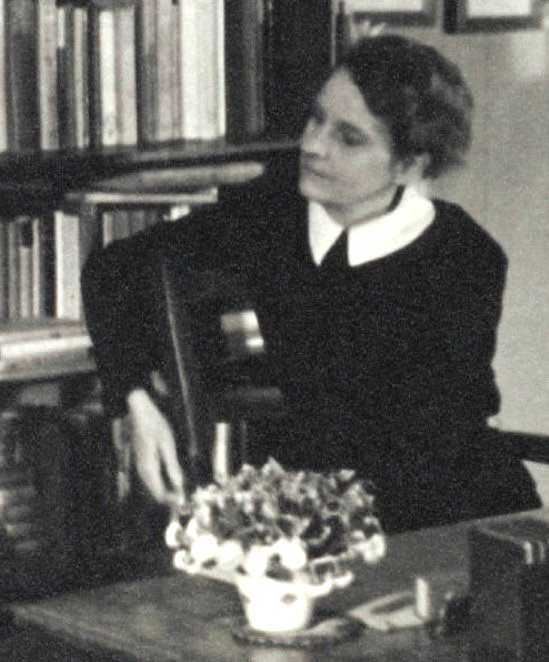War does not always leave funereal silence in its wake. When World War I drew to a close, it ushered in an age bustling with energy — the ‘Roaring Twenties’ in America and les années folles, or the crazy years, in France. In literature, the 1920s saw the rise of authors, regarded as the ‘lost generation’, wandering from place to place in search of the meaning of life in a world broken by violence. Some sought to find it in the experience of war — consider Ernest Hemingway’s A Farewell to Arms — some others rummaged through the frenzy that followed — F. Scott Fitzgerald’s This Side of Paradise is an example.
Of this ‘lost generation’ — the group comprised predominantly male, American intellectuals living in Paris at the time — many found their haven, the roots of their success, in a bookstore, Shakespeare and Company. The ‘proprietress’, Sylvia Beach, was born this month in 1887. An American expatriate herself, Beach moved to Paris during the War, disillusioned, but not deterred, by women’s lack of agency at the Red Cross. It was here, on the Left Bank of the Seine, that authors from different countries mingled — André Gide, T.S. Eliot and James Joyce were regulars — discussed books and conducted reading sessions, over aperitifs and snacks.
In the 1920s, the literary world was not exactly welcoming of women — Virginia Woolf was arguing well into the decade for women’s space in literature. Beach’s literary ambition, on the other hand, was not confined to expressing herself as an author. She wanted to help the voices of others grow and flourish — her shop was also a lending library where Hemingway used to read when he did not have the money to buy books. In her autobiography, which she named after her shop, Beach wrote, “I wanted to help the French writers I admired so much to become more widely known in my country”, and she ensured that this worked the other way round as well.
Beach’s contribution as a patron far exceeded her role as a hostess. In a decade when copies of Joyce’s Ulysses would be publicly burned in America, Beach decided to publish it. Although she could not help D.H. Lawrence’s Lady Chatterley’s Lover, she was a proficient matchmaker for Henry Miller’s Tropic of Cancer — a book banned in America — and its publisher, Jack Kahane.
Beach had to shut shop after she refused to sell her last copy of Finnegans Wake to a Nazi soldier. But at the onset of another ‘Twenties’ — are we really that better off in 2020? — Beach’s determination to fight for each lost cause holds a clear message: like war, peace, too, requires foot soldiers, who work tirelessly, often shorn of fame, to nurse a sick world back to health.











